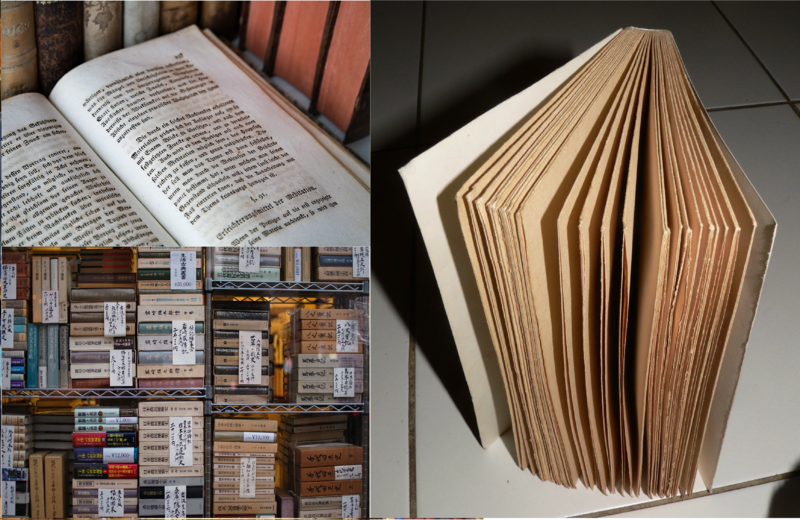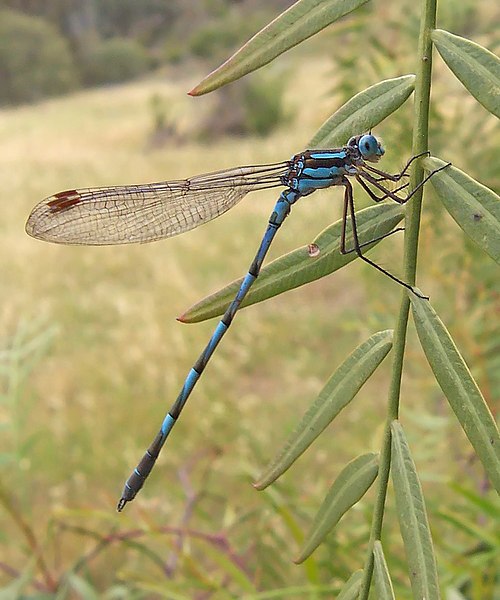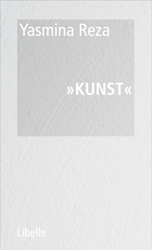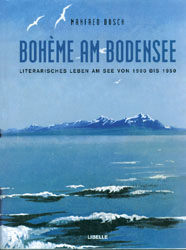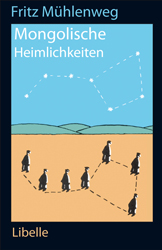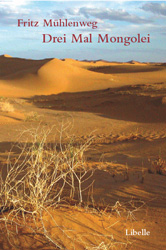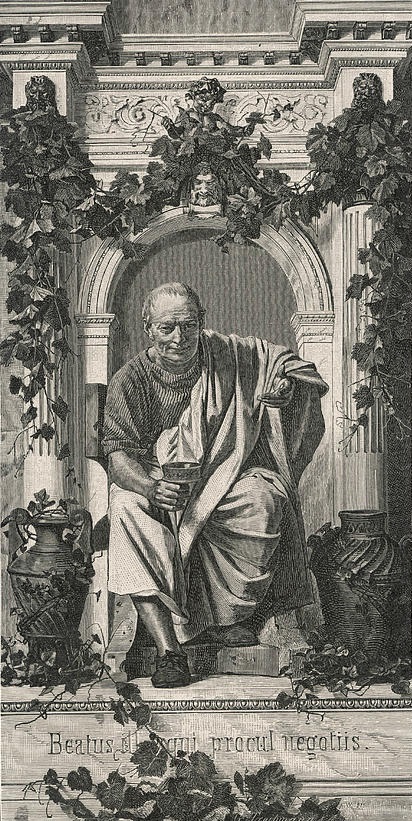Landschlacht, Switzerland, Good Friday 2017
Perhaps a sacrifice is necessary for good to be achieved.
Over 2,000 years ago, it is said that the crucifixion of one man led to the salvation of all mankind.
Perhaps this is so.
Clearly this man of God had to give up much to achieve a greater good.
And perhaps the same can be said for writing and getting that writing published.
Sometimes one needs to sacrifice energy and effort, comfort and leisure, pride and fear, to achieve something worthwhile for others to read.
It has been said that there are usually reasons for success, but often only excuses for failure.
I offer neither for the time elapsed since my last entry, except to say that I want to try a couple of new approaches in my writing contributions.
I still feel that I need to occasionally express my thoughts about world events for it has often been said that evil triumphs when good men say nothing.
There remains much that is interesting to discuss in this regard and worthy of discussion and thought.
But it would be remiss of me to suggest that I am any wiser than those who represent us in these matters.
It is not that my opinion in these matters doesn’t matter – it does – but rather I have more authority and accuracy if I also write about what is most familiar to me.
So, this blog, the Chronicles of Canada Slim, will also begin to incorporate travel writing.

While my much-neglected blog Building Everest will serve double duty as a platform to write fictional stories, as well as the creation of a textbook I feel has been lacking in the teaching of Technical English.
(Look for fiction prefaced with the words, The Forest of Shadows, and technical stories under the title Tech Talk in the Building Everest blog.)
While I wait – impatiently – for my local bookseller to receive a copy of The Writer`s Market, I now spend my freetime exploring the local area where I live and reading about how to write.
Lengwil, Switzerland, Monday 10 April 2017
Up at 0500 in my Landschlacht apartment, left at 0700, 0714 train to Kreuzlingen, followed by 0729 train to Lengwil.
Why visit Lengwil?
Certainly the guidebooks give it no mention.
Those not from Thurgau Canton have no clue where in Switzerland it is located – south of Kreuzlingen-Konstanz on the rail route towards Weinfelden – and little reason to visit, for Lengwil hasn’t a lot to attract the visitor.
No museums, no breathtaking wonders or great historical moments to draw outsiders to this community…
(Though the view of the Lake of Constance from the Lengwil station is pretty terrific…)
There are two restaurants – the Sonne and the Sternen (the sun and the stars), both in half-timbered structures – one grocery store (the Dorfladen)(village shop) and one bank (Raiffeisen) with an ATM banking machine.


Above: Restaurant Sonne (top picture) and Restaurant Sternen (bottom picture)
But the Gemeinde Lengwil (town hall) offers no brochures for the tourist, for clearly it doesn’t expect any.
For the working man or for the shopper, Lengwil has little to offer them as well, save for Fehr Elektrotechnik and Polymechanik Art Design: Splendid Tools.

But, unless you are into the sort of products and services these small firms offer, they are hardly sufficient to attract your attention.
So, what caught my attention about Lengwil?
Dragonflies.
Let me explain.
I have always been a bibliophile – a lover of books.
And one of the reasons for this great love has been how good books nurture within a reader a relationship with the writer, by the extent and ability the writer possessed in communicating his message and by the reader’s ability to identify and assimilate what the writer has written.
A good book, a great book, embraces life and teaches the reader how to live, through the lessons the writer has sought to impart through his own life experience, whether the book is fiction or fact.
A great book is unforgettable, much like a great love, you find that you cannot forget it, you cannot stop thinking about it and your reaction to it.
A great book changes you, lifts you, fills your mind and increases your understanding.
And though there are countless millions of books that exist and continue to be published, there are very few that reward the reader for the effort of reading them.
A good book teaches the reader about the world and about ourselves, about the great endearing truths of life.
Obviously not many books can do this for any of us, perhaps of the millions that exist, perhaps a number considerably less than a hundred.
And human beings differ in many ways other than in the power of their minds.
They have different tastes.
Different things appeal more to one person than another.
But I believe that each person should seek out the few books that give value to their lives, the books that teach us the most, the books that you want to return to over and over again, the books that help you grow.
In a way, a person’s path to intellectual enlightenment can be compared to a person’s path to spiritual enlightment.
Attainment of both is a personal discovery and an adventure that only the traveller, the explorer, can make within themselves.
My own personal path is unique to myself, but despite this the lessons of life discovered upon the journey are lessons that bind me to the rest of humanity.
Everyone has his own method of discovery of the world.
And it might be argued that I have lived my life and have done these explorations of the world physical and intellectual in a scatterfire random way.
But this is me and what works for me.
When I explore the world physically I like to be as basic as I possibly can.
Depending on limits of time and money, I like to travel and absorb the surroundings as slowly as possible and let my emotions and thoughts guide my discoveries.
Walking and thinking at my own pace…

In the realm of the mind, I like to explore the physical region I find myself in through the literature the region has produced and, on occasion, through serendipitious discoveries made in bookshops and libraries.
Take, as an example, the land of China.
I have never been there, so before I would physically travel there I will have already mentally begun the journey by reading not only travel guides that suggest what to see and do once I am there but as well I would seek out literature from this place, to try and understand what it means to be human in such a place.
Perhaps I would read Han Dong’s Banished! or J.G. Ballard’s Empire of the Sun or Gao Xingjain’s Soul Mountain or any number of books recommended to me through my guidebooks or through books like Ann Morgan’s Reading the World: Confessions of a Literary Explorer or Luisa Moncada and Scala Quinn’s Reading on Location: Great Books set in Top Travel Destinations.
But my intellectual and emotional discovery of China would not be complete until I was physically there, interacting with the people I meet there and with the literature I stumble across while I am there.
I am Canadian and I have tried (and continue to try despite the distance and expense) to read and discover the works of my fellow Canadians, in an attempt to understand what it means to be Canadian.
I have been a resident of Switzerland for the past seven years (since 1 April 2010 to be precise), in the Canton of Thurgau, in the wee hamlet of Landschlacht, by the Lake of Constance.
I speak and read German at a relatively low level but nonetheless while I reside in the German-speaking part of Switzerland I continue to try and converse and read in German as often as possible, for language is the means by which people express themselves.
It is not an easy task for me, for it is much easier to fall back on old habits of reading and speaking in my native English.
Reading in German is especially daunting and time-consuming and much time is spent with a German-English dictionary by my side as I slowly wade through the text I have decided to sacrifice my time and energy towards its understanding.
A book to which I have devoted time and energy to, in an attempt to understand what it means to live in Canton Thurgau has been Albert Debrunner’s Literaturführer Thurgau.
Above: The coat of arms of Thurgau Canton, Switzerland
Debrunner’s approach is quite similar to that used by Oxford University’s Illustrated Literary Guides, in that Debrunner takes the reader to the places where writers have lived and worked in Thurgau and encourages a discovery of these places through the works of the writers who found their inspirations there.
Thus I found myself in Lengwil and the discovery of dragonflies…
Landschlacht, Easter Monday 17 April 2017
It is too early for dragonflies, for dragonflies are a summer insect, and there is little about today’s weather that suggests summer, for this Easter Monday is cloudy and cold with the threat of rain.
But when I recall last week’s visit to Lengwil, I have come to the realization that it is never too late for dragonflies…
Lengwil, 10 April 2017
The English translation of the German word “Libelle” is Odonata, an order of carnivorous insects made up of dragonflies and damselflies.
How to tell the difference?
Well, damselflies wear dresses and are in constant need of rescuing…
No.
Dragonflies are generally larger and perch with their wings held out to the sides.
They are strong fliers with fairly robust bodies and dragonfly eyes occupy much of their heads, touching each other across their faces.
Damselflies have slender bodies and hold their wings over their bodies while at rest.
They are more fragile than dragonflies, appear rather weak when they fly and there is a gap between their eyes.
Odonates are aquatic – they need water to survive, so that is why it is, at first, somewhat confusing that the most interesting dragonflies of Thurgau Canton are found not by the Lake of Constance, but instead inland.
To discover the Dragonflies / Libelle, after disembarking at the Lengwil station, one must first walk towards the town centre and then turn right onto Sternengarten (garden of stars) Street until one finds himself at Number Six, in front of an unremarkable single family house where a nice aging couple live.

The doorbell that rings inside the house reveals the pair of dragonflies which have gathered here.
Their wingbeat is the rustle of thick bundles of paper, and they whiz from idea to idea, from concept to concept, from manuscript to manuscript and rest in between times upon completed tomes of excellent quality before swarming out into the great wide world.
Readers, at least German-language readers, treasure the books from this publishing house of dragonflies, the Libelle Verlag, where even the readers with the least imagination can appreciate what has been bred here.
Above: Logo of Libelle Verlag
Like their namesakes, these dragonflies of Lengwil cannot be pinned down to one location, for they have two addresses: one in Lengwil and one in Konstanz.
Now the zoologically educated will boringly point out that dragonflies zigzag in their flight, so why shouldn’t this pair of dragonflies only remain in Baden or in Thurgau?
So what are these dragonflies?
German or Swiss?
(An incredibly important distinction for both Germans and Swiss who dislike being confused while being identified as either one.)
Papa Dragonfly, Ekkehard Faude, is a Konstanzer, while Mama Dragonfly, Elisabeth Tschiener, is from Steckborn on the Swiss side.
They hatched their cocoon of dragonflies, Libelle Verlag, in the Konstanz neighbourhood of Litzelstetten in 1979, but the Swiss are drawn back to their homeland like bees to flowers, so since 1991 Libelle Verlag has lived and thrived in Lengwil splendidly.
Above: Konstanz harbour with the statue of Imperia
Lengwilers are proud to have these dragonflies here as long as they wish to reside there, despite their cocoon making a significant mark on the publishing world.
But Ekkehard and Elisabeth don’t care if Libelle Publishing remains described as a small or even the smallest publisher, because they don’t want to compromise quality in the name of mass production.
And this pair of dragonflies, much like the Odonates themselves with their variations of size in the variations scattered across the globe, know that size is a relative concept.
The Libelle Verlag’s most famous book in their selection is Yasmina Reza’s Kunst (Art), a slender volume that weighs less than a bar of chocolate.
By comparison, Manfred Bosch’s remarkable work, Boheme am Bodensee (Bohemia on the Lake of Constance), which should be in every small library, is a rich and heavy tome.
A speciality of this publishing house are the books of Fritz Mühlenweg (1898 – 1961), with its remarkable scenes of Mongolia captured beautifully in photo and prose.
No other publishing house can claim to have horizons that stretch to central Asia.
While Libelle’s crime novels of Ulrich Ritzel clearly are their most well-known publications amongst adults, children enjoy Fritz Mühlenweg’s wonderful book Nuni, as well as other bestsellers such as Hans Brügelmann’s Kinder auf dem Weg zur Schrift (Children on the way to writing).
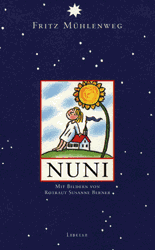
Ernst Peter Fischer’s books open cosmic dimensions, while for those for whom Fischer is too expansive, Arno Borst’s Ritte über den Bodensee (Rides over the Lake of Constance) is highly recommended.
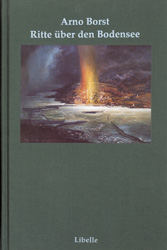
In short, Libelle makes books for everyone without sacrificing quality to do so.
“Habent sua fata libelli”, the Roman poet Horace (65 – 8 BC) once wrote (Roughly translated from the Latin, ours is the fate of dragonflies.) and such is the destiny of Libelle Verlag, for though it has, like other publishing houses, gone through its share of both setbacks and successes, that its welfare rests solely upon the shoulders of Ekkehard and Elisabeth make this business endeavour quite vulnerable and strong simultaneously.
Libelle Verlag is over 30 years old and considering that it is owned and operated solely by this couple suggests that they have achieved their dreams enormously.
Though Debrunner’s Literaturführer Thurgau led me to their door, I did not disturb the couple in their private residence, for I had no appointment and had not prepared myself for any sort of an interview with them.
But reading Debrunner´s commentary on the dragonflies of Lengwil and seeing their home from the outside and later finding some of their published works in the public library of St. Gallen has inspired me.
What the dragonflies of Lengwil tell me is simple…
Follow your dreams and trust your instincts by being the best you can be.
The dragonflies of Lengwil measure their success not by comparison with others but by their ability to produce what they want to produce.
And though there will be setbacks, there will always be successes, if I remain true to myself and what I want.
Lengwil is an unremarkable village, but even the unremarkable can produce quality.
Never underestimate the “unremarkable”.

Sources: Wikipedia / Mortimer J. Adler and Charles Van Doren, How to Read a Book: The Classic Guide to Intelligent Reading / Albert M. Debrunner, Literaturführer Thurgau / Luisa Moncada and Scala Quin, Reading on Location: Great Books Set in Top Travel Destinations / Ann Morgan, Reading the World: Confessions of a Literary Explorer / www.libelle.ch



